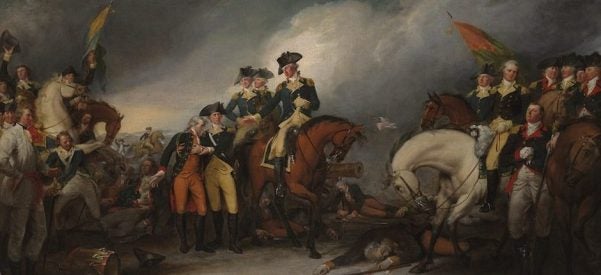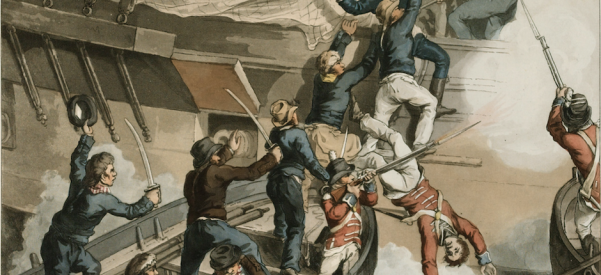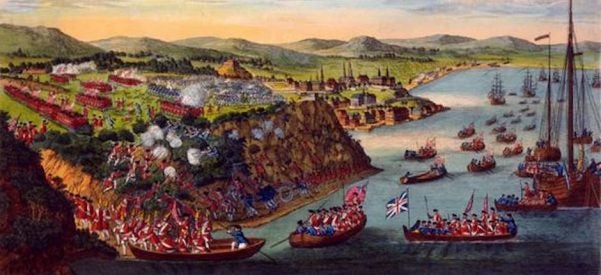The Revolutionary War Couple Who Shed Their British Loyalty—One Letter at a Time
Henry and Lucy Knox Sacrificed Family, Home, and Beliefs to Adopt Their New American Identity
In late 1783, General Henry Knox, formerly a bookseller from Boston who had become a trusted military subordinate to George Washington, wrote the first draft of an address to be presented to the commander-in-chief by his officers. Their Revolution won, the Continental Army’s leaders wanted to express their heartfelt gratitude to the general, “under whose auspices,” as Knox wrote, “the Army have been led to glory and victory, and America to Freedom and Independence.” Young Knox also urged his comrades …




